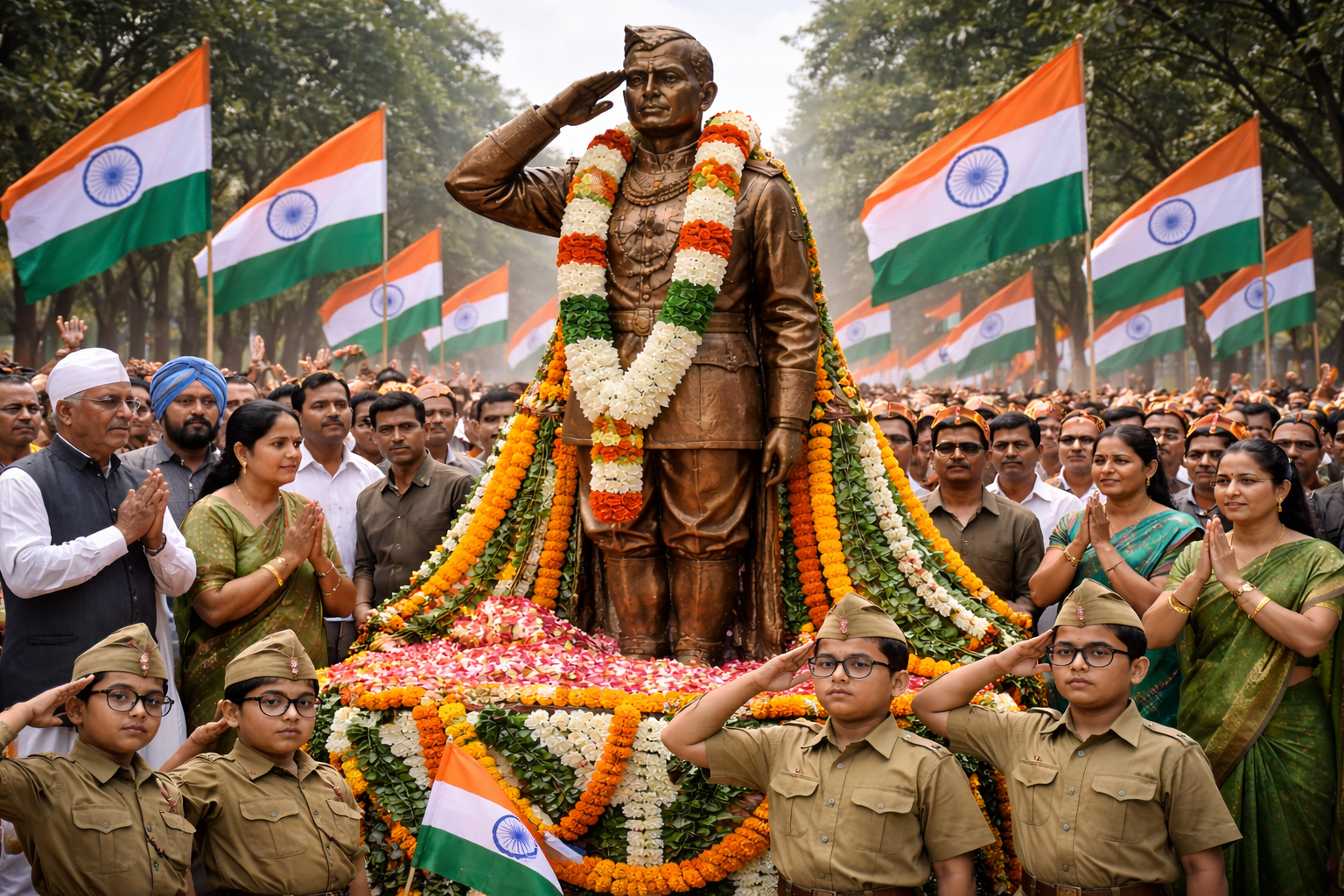Returning to the Scene of a Trauma
At 16, Brandon Whitehead and his father were held at gunpoint by an off-duty Chicago police officer. The cop got suspended for five days, which he served 11 years later. Brandon, now 27, goes back to the scene.

It was a gray Saturday afternoon. Rain had been falling for hours and I feared our plans for an outdoor interview would be washed out.
Brandon Whitehead was undeterred. In fact, he thought the weather reflected his mood as he relived his encounter with an off-duty Chicago police officer 11 years ago, when he was 16 years old and a cop pointed a gun at his head.
“Coming back to this time and area and this place, especially on this rainy, gloomy day, it reminds you of the trauma that you once experienced,” he said while standing in West Englewood, on a sidewalk along South Western Avenue near 71st street.
That trauma is detailed in a story published this week by ProPublica Illinois and the Chicago Tribune. The story reveals how Chicago police disciplinary officials lost track of misconduct cases, and officers served suspensions years late. The problem was first revealed in a Tribune report in March, and while officials followed through on some cases – and officers served suspensions – other punishments continued to be delayed.
I met up with Brandon along with Tribune reporter Jennifer Smith Richards and Tribune photographer Zbigniew Bzdak. Brandon recalled details of the night in October 2006, when his father was driving him home from his job at Long John Silver’s, and another driver became angry after thinking the Whiteheads had cut him off in traffic.
That other driver was an off-duty Chicago police officer. William Levigne overtook them with his car while pointing a gun at them, ordered them out of their car at a stoplight and forced them to their knees.
Much of the incident was recorded in 911 calls.
Here’s how Brandon describes the long-term effects of that night:
“They say what doesn’t kill you makes you stronger, but sometimes those wounds that you get aren’t good ones. They are permanent scars that you will never forget,” he told us. “Most scars don’t really heal nice, they don’t leave a good feeling. They are a bad reminder of what you have been through. When I see the police now, I’m like, ‘Oh my God, what’s going to happen?’”
Just last week, Levigne began to serve a 5-day suspension — after we pointed out errors in the disciplinary system that had kept him on the street without being punished. His suspension had been reduced from a recommended 60-day suspension through a settlement with the city years earlier.
Levigne was promoted to detective while his case languished. He declined to comment to ProPublica Illinois but told disciplinary investigators that the Whiteheads had cut him off in traffic and that the profanity he used wasn’t directed “toward them on a personal level” but was intended to make them comply with his commands.
I called Brandon to let him know about the recent suspension. He was glad it had finally happened. But he also felt it was too little, too late.
And he was upset that he hadn’t been kept in the loop after he and his father spoke with officials investigating Levigne’s conduct.
“I haven’t heard anything personally from the Chicago Police Department and authorities,” he said.
We know there are more stories like Brandon’s out there, and we want to hear about them. If you or someone you know has ever filed a complaint against a Chicago police officer, please fill out this form. We may be able to help you learn more about your case. And you’ll be helping us better understand how the disciplinary process for Chicago police plays out.
We are continuing to investigate police accountability. Is there anything else you think we should look into about this issue — or any other issues in Chicago or Illinois? I’d love to hear from you. Email me at [email protected].
Thanks for reading!
Jodi






